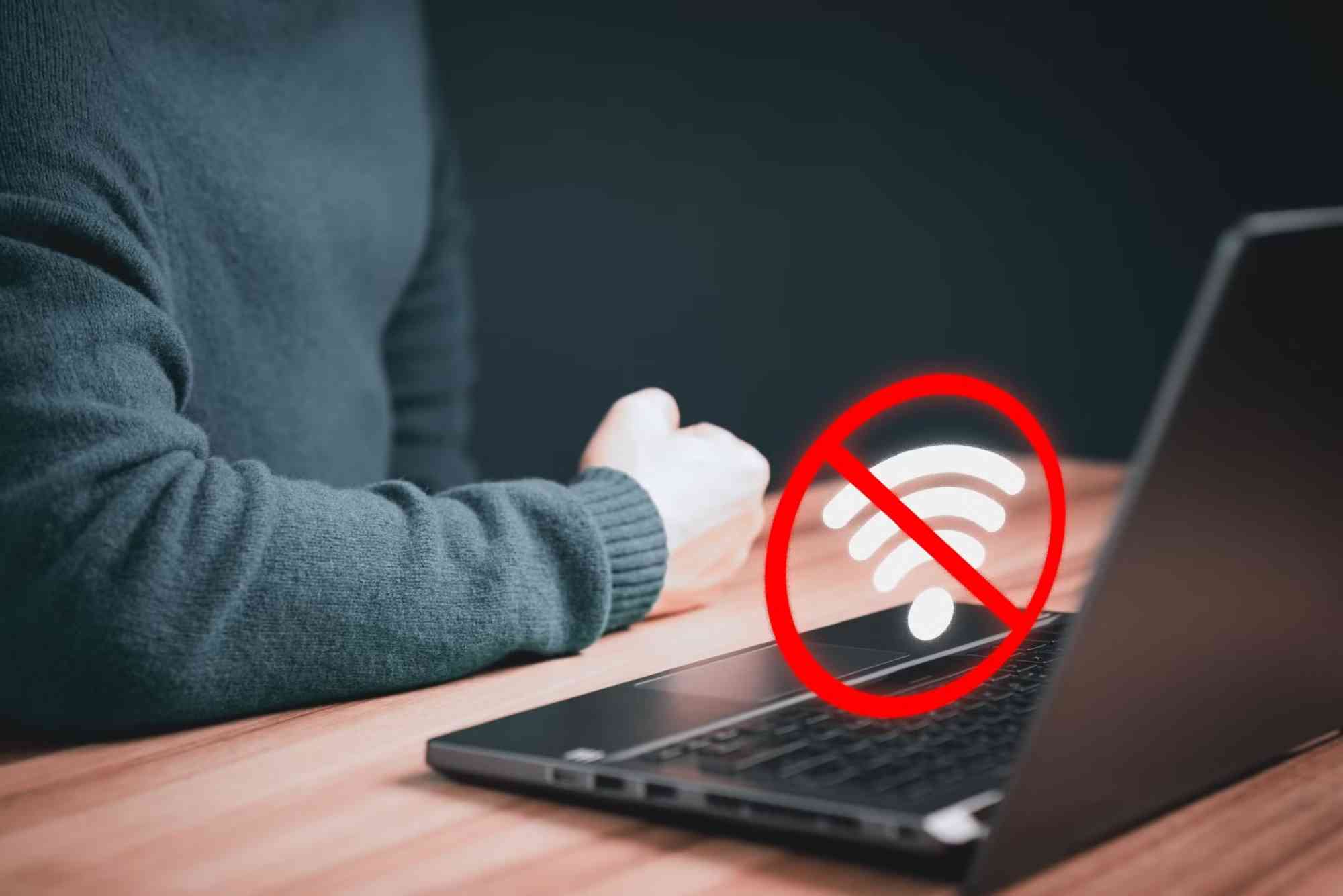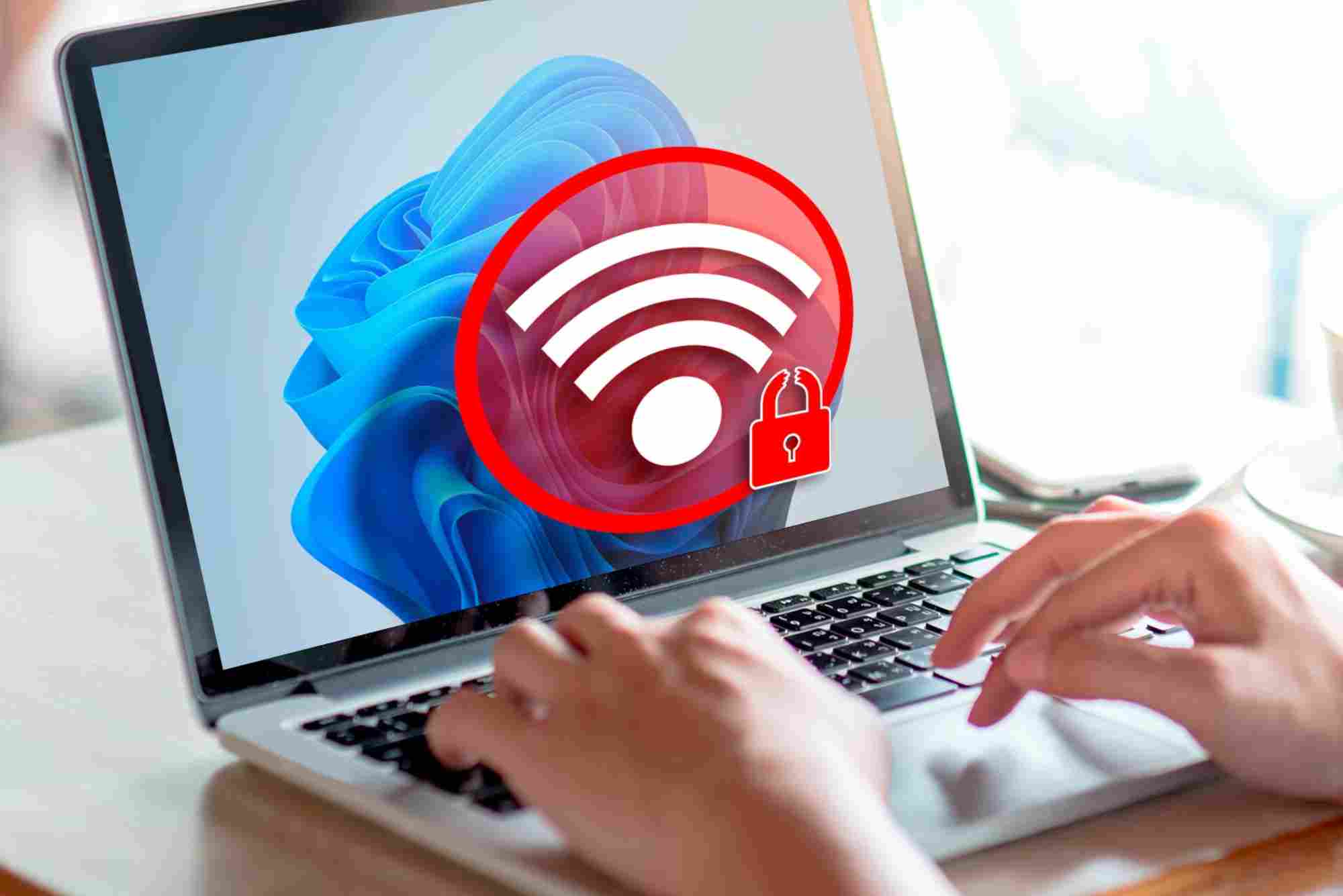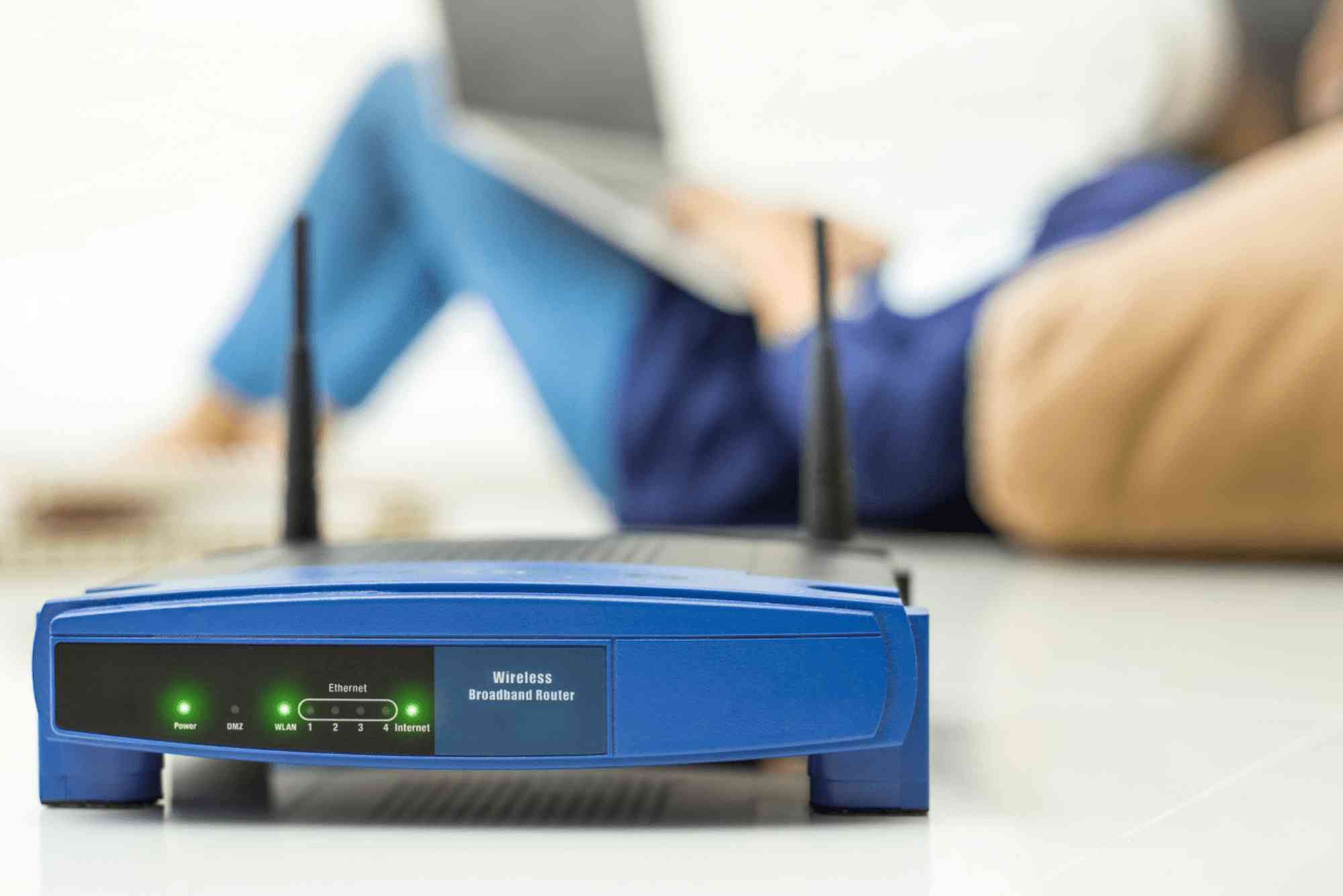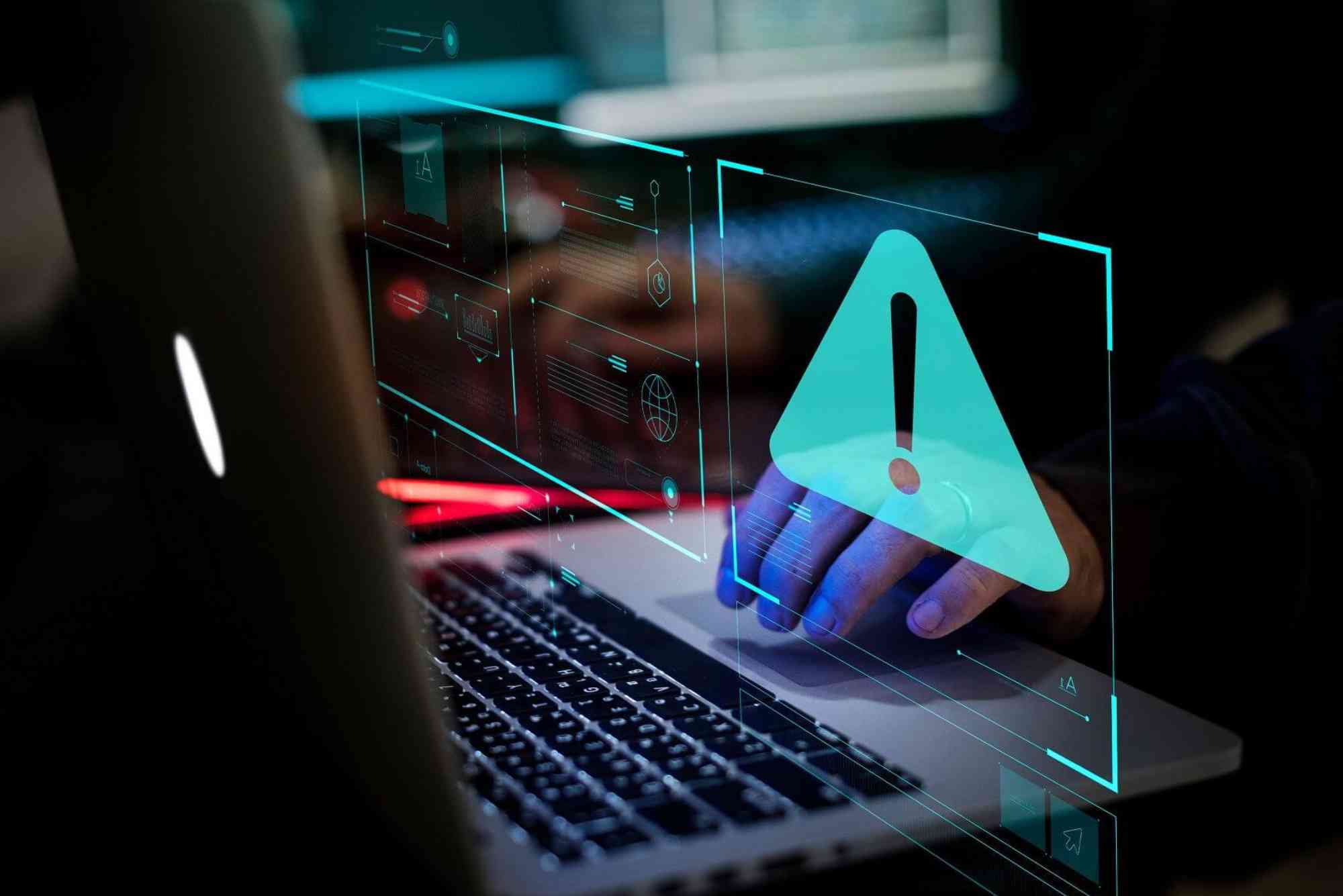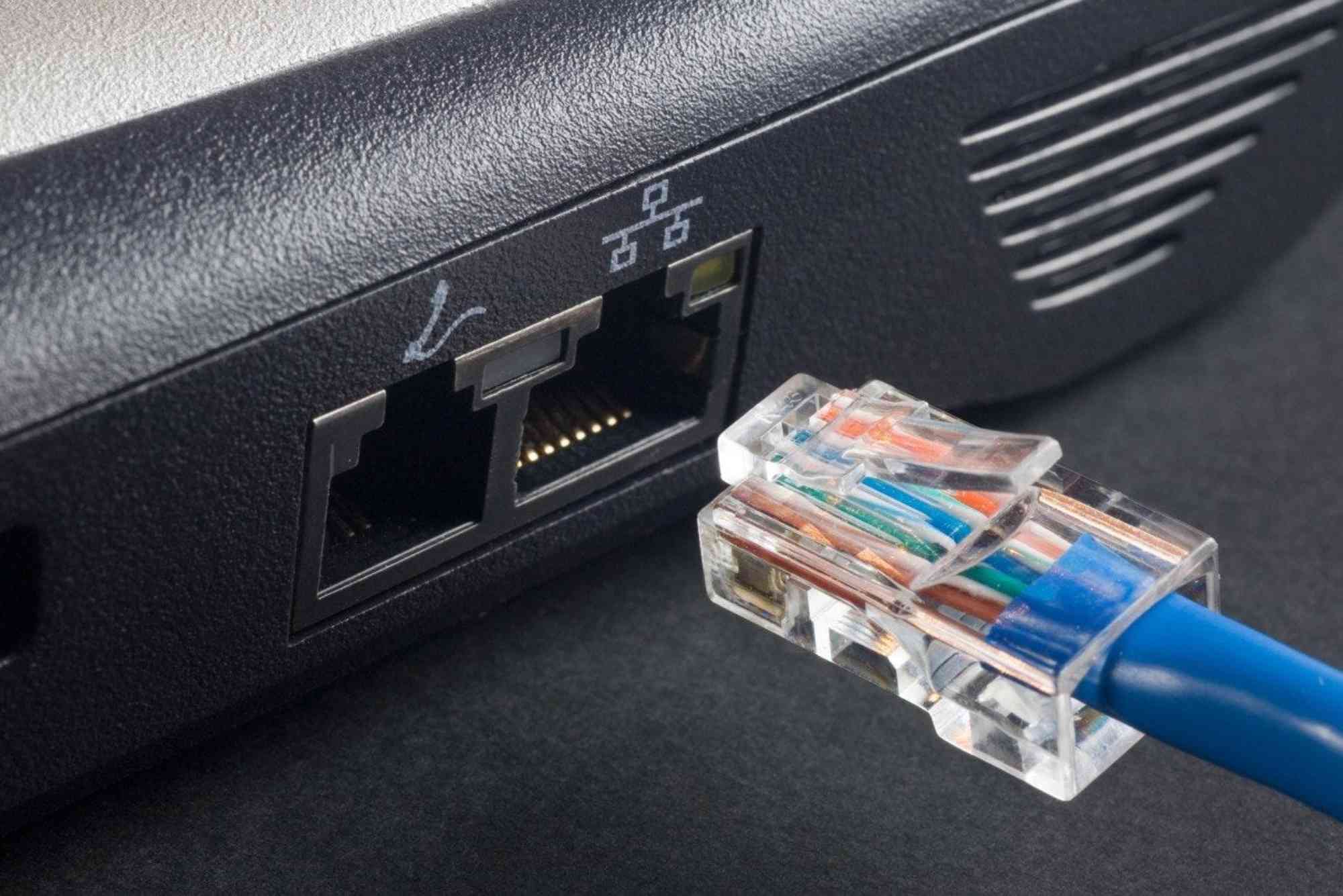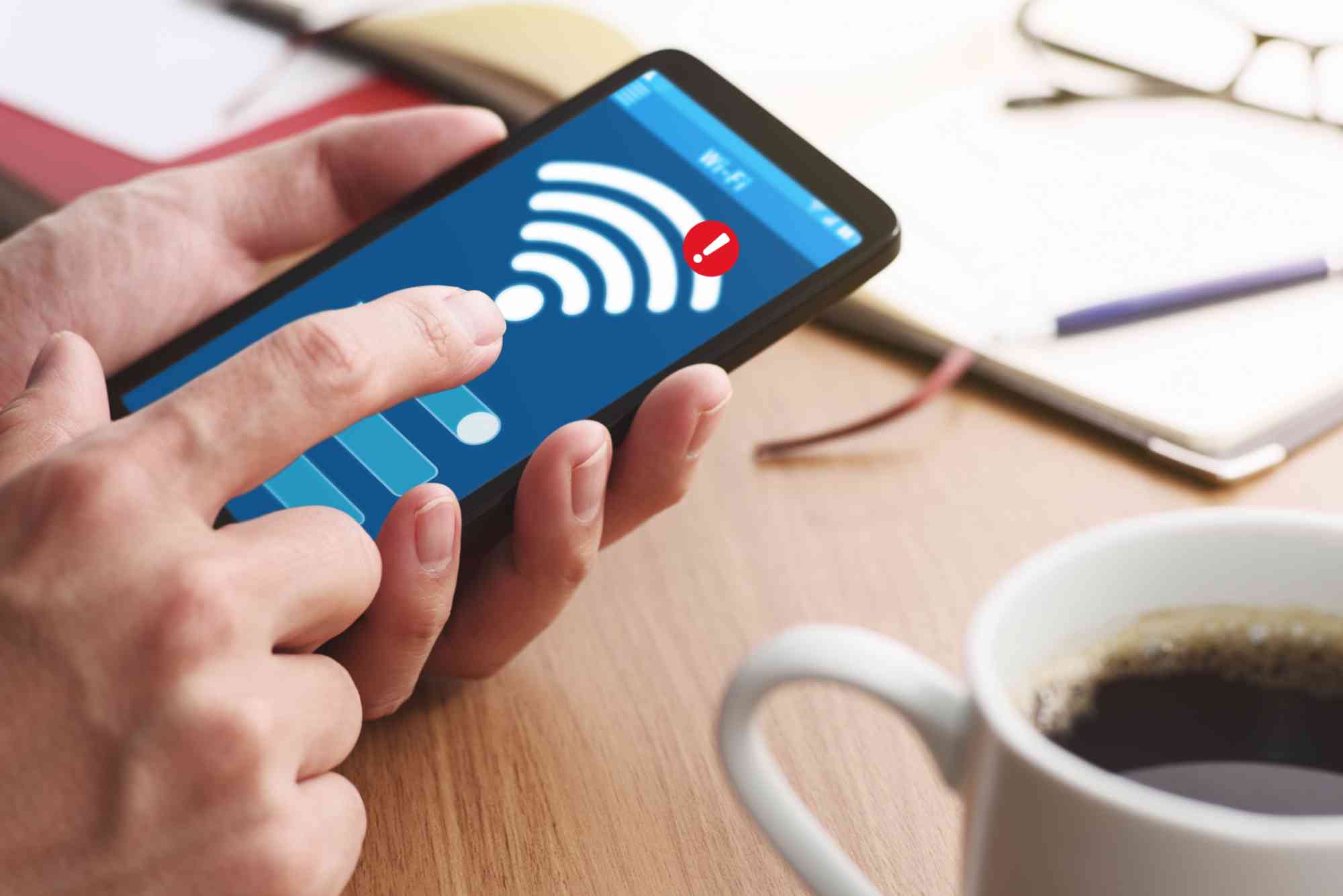Introduction
The internet is the backbone of modern life, offering endless opportunities for communication, business, and entertainment. However, with these benefits come real concerns about security, privacy, and access. Virtual Private Networks, more commonly known as VPNs, have become popular solutions for individuals and businesses seeking to protect their online activity. Still, like every technology, VPNs are not perfect. Understanding the pros and cons of VPN usage is essential before deciding if it’s right for you.
What Is a VPN and Why Do People Use It?
A VPN is a tool that creates an encrypted connection between your device and the internet. Instead of directly connecting to websites, your traffic goes through a secure server operated by the VPN provider. This process hides your IP address, protects your identity, and shields your browsing activity from prying eyes. People turn to VPNs for many reasons: enhanced security, bypassing geo-blocks, accessing restricted websites, and keeping sensitive data safe on public Wi-Fi. Businesses also rely on VPNs to protect remote employees and secure company data.
The Pros of VPN Usage
When considering the pros and cons of VPN usage, the advantages are often the first thing people explore. VPNs deliver a wide range of benefits that appeal to different users, from casual browsers to corporate teams.
Improved Privacy and Anonymity
One of the strongest reasons for using a VPN is to protect personal privacy. By masking your IP address, a VPN makes it harder for websites, advertisers, and hackers to track your activity. Your digital footprint becomes less visible, which is especially valuable in regions where online monitoring is common.
Better Security on Public Wi-Fi
Public Wi-Fi networks in cafes, airports, and hotels are convenient but risky. Hackers can intercept data transmitted over unsecured networks. A VPN encrypts your connection, protecting sensitive information such as banking credentials, personal files, and login details.
Bypassing Geo-Restrictions
Streaming platforms, gaming services, and websites often limit content based on location. A VPN allows you to connect to servers in different countries, unlocking content otherwise unavailable in your region. For instance, travelers abroad can use a VPN to access home-based streaming subscriptions.
Avoiding Bandwidth Throttling
Internet service providers sometimes throttle speeds when users stream videos, play games, or download large files. By encrypting your traffic, a VPN can prevent ISPs from identifying what you are doing, reducing the likelihood of speed limitations.
Remote Work Security
Businesses increasingly rely on VPNs to secure communication with employees working remotely. A VPN ensures sensitive corporate information remains private, preventing data leaks or unauthorized access. Many companies consider VPNs a non-negotiable part of their cybersecurity strategies.
Protecting Against Censorship
In regions where governments restrict internet access, VPNs provide a lifeline for free expression. Journalists, activists, and everyday users use VPNs to access restricted news sites and social platforms, maintaining their right to information.
The Cons of VPN Usage
Despite the many advantages, it’s important to acknowledge the downsides when weighing the pros and cons of VPN usage. Not every situation calls for a VPN, and for some users, the drawbacks may outweigh the benefits.
Potential Slower Internet Speeds
Because VPNs encrypt your data and reroute it through secure servers, speeds can decrease. While premium providers minimize this impact, users may notice slower downloads or buffering when using servers located far away.
Cost of Premium Services
Free VPNs exist but often come with significant limitations such as slower speeds, fewer servers, and weaker security. High-quality VPN services typically require monthly or annual subscriptions, which may not fit everyone’s budget.
Legal and Policy Concerns
VPN usage is legal in most countries, but some governments restrict or ban it. Using a VPN where it’s illegal can result in fines or penalties. Even in regions where VPNs are allowed, users must still comply with laws regarding online activity.
Trust in VPN Providers
While VPNs promise privacy, users must place significant trust in the provider. Some VPN companies may log data, sell user information, or fail to provide the advertised security. Choosing a reputable VPN provider with transparent policies is critical.
Device Compatibility Issues
Not every device or platform supports VPN use equally. Although most modern systems are compatible, users may encounter setup difficulties on smart TVs, game consoles, or IoT devices. Extra configuration is often required, which can be frustrating for non-technical users.
Misuse and Overreliance
Some users believe a VPN makes them completely invisible online. While VPNs improve privacy, they are not foolproof. Activities like using weak passwords, downloading malicious files, or ignoring software updates can still compromise security. Overreliance on VPNs can create a false sense of safety.
Balancing the Pros and Cons of VPN Usage
Understanding both sides helps individuals and businesses make informed decisions. For users concerned about security and privacy, the benefits often outweigh the drawbacks. Frequent travelers, remote workers, and those in censored regions find VPNs indispensable. On the other hand, users focused only on casual browsing may find the costs and occasional slow speeds unnecessary.
For example, a digital marketer working from coffee shops will value the added protection, while someone simply checking emails at home may not feel the need. Similarly, a business handling sensitive client data has far more to gain from VPN adoption compared to a casual gamer.
Choosing the Right VPN Service
If you decide that the advantages outweigh the disadvantages, selecting a reliable VPN is the next step. Factors to consider include server locations, speed, security protocols, privacy policies, and customer support. Always read reviews, check transparency reports, and avoid free VPNs that may compromise your data. Reputable providers invest heavily in encryption technology, independent audits, and clear no-log policies to ensure user trust.
For users in areas with limited internet infrastructure, pairing a VPN with a trusted local internet provider like Dhanote Internet Services can further enhance speed and reliability. Together, these tools create a secure and smooth online experience.
FAQs
Is it safe to use a VPN for online banking?
Yes, using a VPN adds an extra layer of encryption, making online banking safer, especially on public Wi-Fi.
Can a VPN completely hide my identity?
No, a VPN hides your IP address and encrypts traffic, but your activities can still be exposed through weak passwords or malware.
Are free VPNs worth using?
Free VPNs often come with limits on speed, security, and server choice. They may also track or sell your data. Paid VPNs are more reliable.
Does a VPN work on mobile devices?
Yes, most reputable VPN services offer apps for Android and iOS, making them easy to use on smartphones and tablets.
Can I use a VPN to watch Netflix?
Yes, VPNs can bypass Netflix geo-restrictions, but not all services succeed. Choosing a premium VPN with streaming support is recommended.
When weighing the pros and cons of VPN usage, the decision ultimately depends on your online habits and personal needs. VPNs provide undeniable benefits in terms of privacy, security, and content access. At the same time, they introduce challenges such as reduced speeds, costs, and trust issues. By carefully selecting a trustworthy provider and using VPNs alongside safe browsing practices, users can maximize advantages while minimizing risks.

